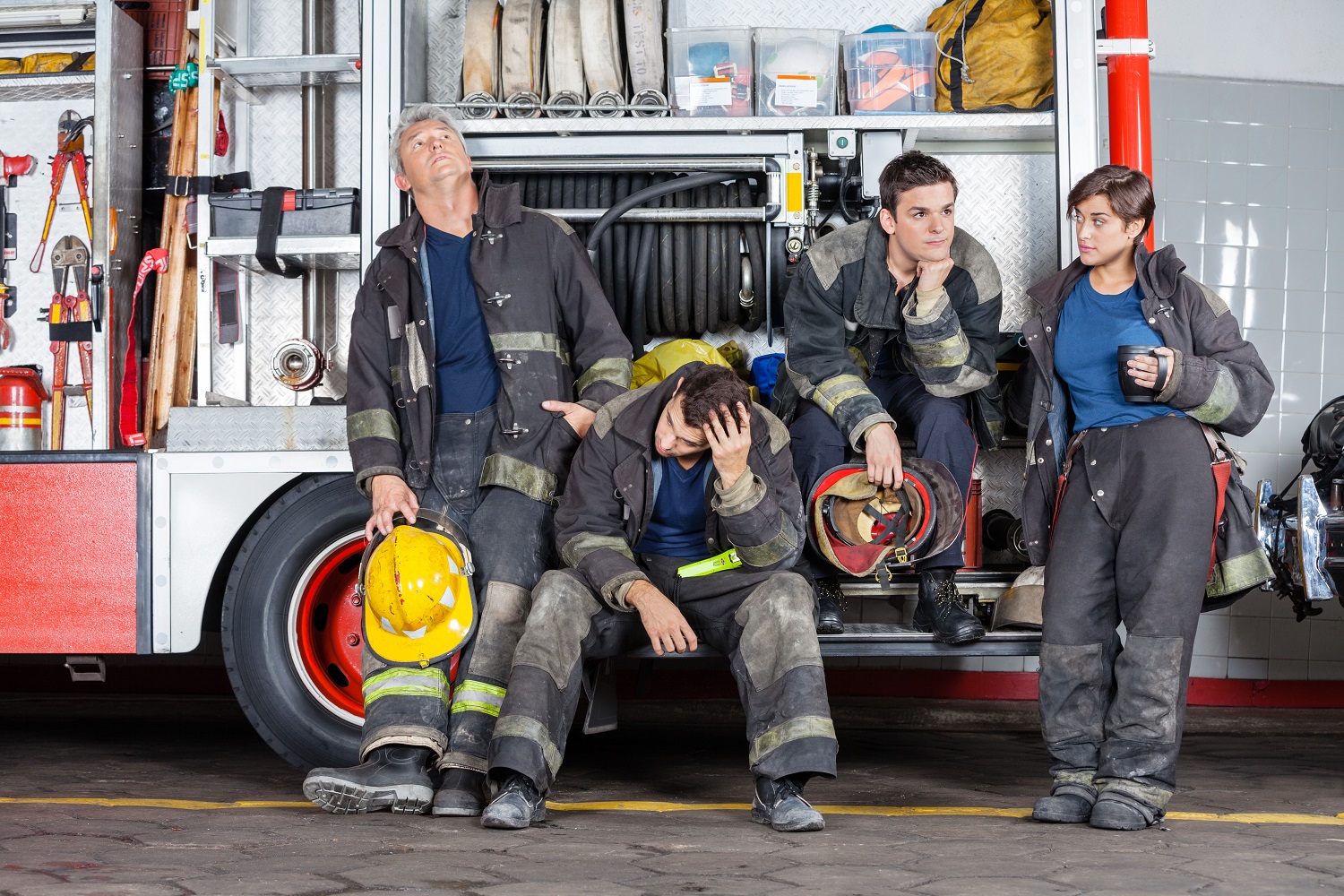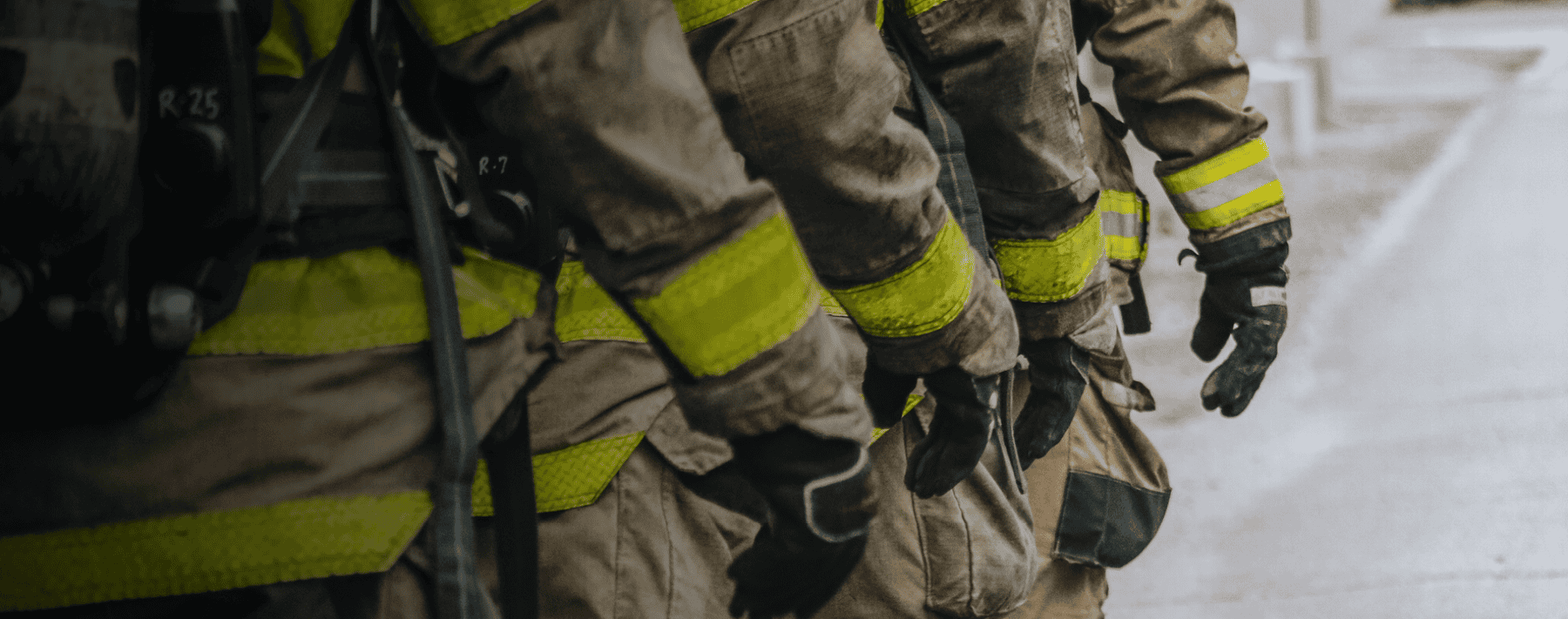 Turn on any news channel these days and you’ll see sexual harassment dominating the headlines. There’s a lot of attention on inappropriate behavior in the workplace—mostly men harassing women, although anyone can be the target or the perpetrator of such behavior. The news stories mostly deal with famous people, but you don’t have to be a Hollywood producer or CEO of a million-dollar company to be accused of inappropriate behavior.
Turn on any news channel these days and you’ll see sexual harassment dominating the headlines. There’s a lot of attention on inappropriate behavior in the workplace—mostly men harassing women, although anyone can be the target or the perpetrator of such behavior. The news stories mostly deal with famous people, but you don’t have to be a Hollywood producer or CEO of a million-dollar company to be accused of inappropriate behavior.
In fact, I believe being a public servant puts you more at risk. Firefighters and police officers are figures of power and authority. Most people trust us, and therefore are less likely to question our directions, words and actions than they might be for those in other professions. Add to that the fact that we’re often dealing with people at their most vulnerable, and you have an equation for trouble.
I’m going to guess that at one point or another you have seen (or possibly acted) in a manner that could be deemed as inappropriate, either on or off duty. Fire service day, public events, working out at the gym—we’ve all seen it.
You know what I’m talking about. When you’re on duty walking into the grocery store, you stick your chest out, flail the arms a little, strut over to the checkout counter and flirt with the cashier. Or you take advantage of the fact that your uniform attracts the attention of little kids—not because you really want to talk to them, but because you’ve got an eye out for their mothers. Or that ALS call while on ambulance follow-up to the hospital? Firefighters and nurses are like bread and butter, they just go together, right?
It may seem harmless to us, but the truth is one wrong word, suggestion, touch, joke or even further (yes, you know what I’m talking about) can destroy your personal life, your career or the department’s reputation. We all know at least one person in our department or a neighboring one whose marriage went south due to “extracurricular conduct.”
There’s another reason being a public servant puts you more at risk for an accusation of sexual harassment. It’s because sometimes, our harassing behavior stems from the very job itself. Firefighters and police officers are prone to high stress, even post-traumatic stress disorder. Intuitively, we know we shouldn’t bring this stress home, so we seek outlets for it. Feeling insecure, we may crave connections with others even when we know it’s inappropriate or dangerous. Conversely, we may feel overconfident, invincible—like we can do no wrong and even if we do, we can’t get caught.
Either way, such behavior not held in check will certainly lead you to trouble—perhaps even the loss of your job or a lawsuit. You may find yourself on the evening news.
We train a lot in our profession to save the lives of others, ourselves and our crewmembers. Do yourself a favor and begin to train on self-awareness, too. When that impulse begins to say or do something you know is inappropriate or immoral, stop, think and ask yourself, “Why and where is this behavior coming from?” If the answer is you’re in pain or acting from anger, contact your department Employee Assistance Program and get some help. It may save your career and your reputation—and prevent heartache and guilt that can last for years.
And Chief, before you go throwing this out to the rank-and-file as another lesson for them, stop and take a progress report of your own behavior. Are you acting like a person in authority should be? Come on, Chief, be honest.
Sexual harassment isn’t easy to talk about, but if one thing is clear from the news stories over the past several months, we as a society need to be talking about it. Many times, harassment is unintended, the product of ignorance or insensitivity. Other times, it comes from something deeper. Either way, as a profession, we in public safety have an obligation to identify it—in ourselves and others—and put a stop to it. Let’s put this fire out before it even sparks!



